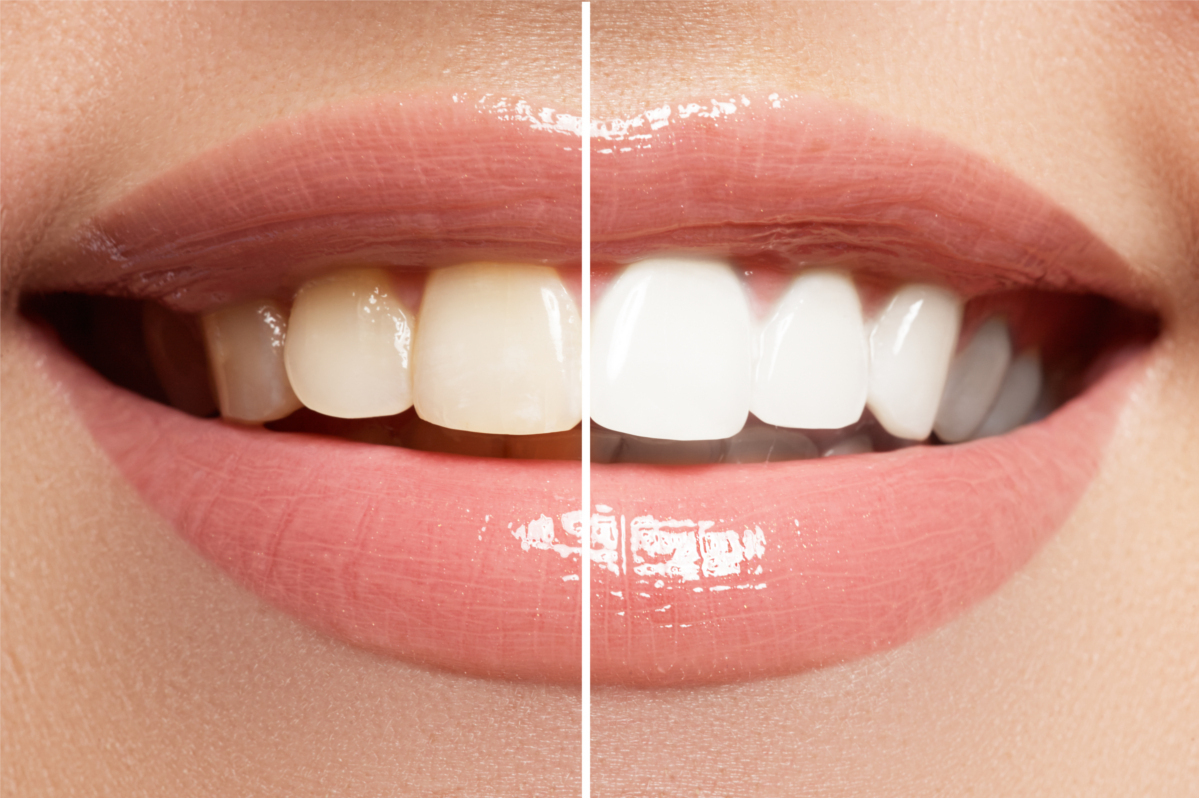
Your teeth don’t always look as bright or white as they should. Your teeth may darken, turn from white to different colors especially yellow, or develop white or dark spots in places.
Several diseases that affect enamel (the hard surface of the teeth) and dentin (the underlying material under enamel) can lead to tooth discoloration. Treatments for certain conditions can also affect tooth color. For example, head and neck radiation and chemotherapy can cause teeth discoloration. There are some medical conditions that impact the colour of your tooth enamel including metabolic diseases, calcium deficiency, liver disease and celiac disease.
Smoking and the use of tobacco is known to cause tooth discolouration and produces brown stains on your teeth.
Poor dental hygiene can also contribute to tooth discolouration. When you don’t brush and/or floss regularly, this allows bacteria and food particles to stick around in your mouth and cling to your teeth, which can lead to tooth stains.
Certain foods and drinks can be delicious but discolour your teeth due to their high acidity levels like coffee, tea, wine, soda, and some juices Even some good-for-you foods can have a staining effect, including beets, blueberries, cherries, citrus fruits, cranberries, potatoes, raspberries, and tomatoes.
As you age, it's a natural process that our tooth enamel slowly wears down over time. This can allow for the next layer of the tooth (the dentin) to show through. Because dentin is yellowish in color, this means that many people’s teeth start to look yellower as they age.
There are options available for removing stains on teeth including professional teeth whitening at our dental office in Scarborough. Discuss with your dentist to see what type of teeth whitening treatment will work best for you.
Do you ever feel nervous about dentist appointments? Rest assured: we cater to nervous and anxious patients in a gentle and considerate manner. Call us now to schedule a free consultation!